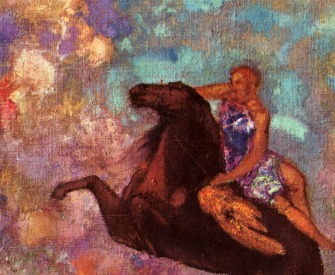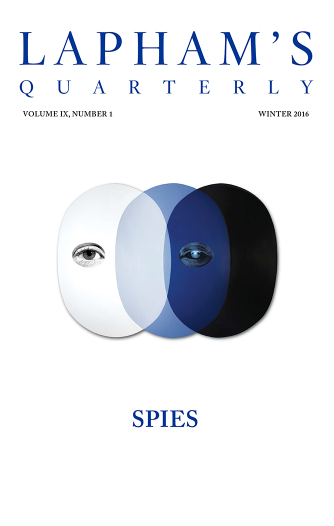Whatever resemblance we might discover in the general manners of the people of Atooi to those of Otaheite, these, of course, were less striking than the coincidence of language. Indeed, the languages of both places may be said to be almost word for word the same.
It is true that we sometimes remarked particular words to be pronounced exactly as we had found at New Zealand and the Friendly Islands; but though all the four dialects are indisputably the same, these people in general have neither the strong guttural pronunciation of the former nor a less degree of it, which also distinguishes the latter; and they have not only adopted the soft mode of the Otaheiteans in avoiding harsh sounds but the whole idiom of their language. A catalogue of words was collected at Atooi by Mr. Anderson, who lost no opportunity of making our voyage useful to those who amuse themselves in tracing the migrations of the various tribes or families that have peopled the globe by the most convincing of all arguments, that drawn from affinity of language.
How shall we account for this nation’s having spread itself in so many detached islands, so widely disjoined from each other, in every quarter of the Pacific Ocean? We find it from New Zealand in the south, as far as the Sandwich Islands to the north! And in another direction, from Easter Island to the Hebrides! That is, over an extent of 60 degrees of latitude or 1,200 leagues north and south! And 83 degrees of longitude, or 1,660 leagues east and west! How much farther in either direction its colonies reach is not known; but what we know already, in consequence of this and our former voyage, warrants our pronouncing it to be, though perhaps not the most numerous, certainly, by far, the most extensive nation upon earth.
From A Voyage to the Pacific Ocean. The occasion for the British navigator’s first voyage around the world was a Royal Society commission to lead a scientific expedition to Tahiti in order to observe the 1769 transit of Venus across the sun. Despite clear skies on the day of the transit, the team of naturalists and astronomers could not record Venus’ movement with precision due to the fuzzy halo produced by the planet’s dense atmosphere. After the transit Cook was sent onward to “search between Tahiti and New Zealand for a continent or land of great extent.”
Back to Issue






